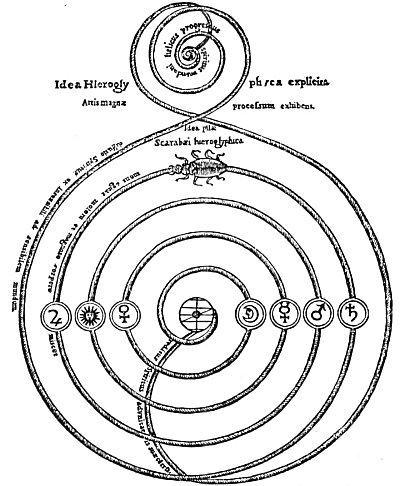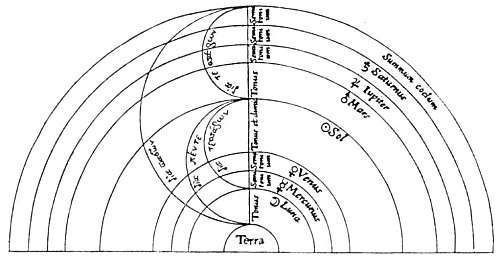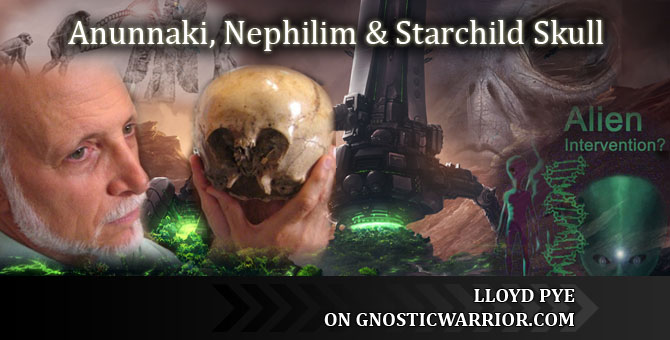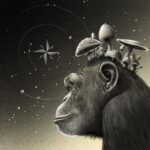(Source: Daily Mail UK) – DNA debunks longstanding theory that Europe’s first advanced culture was from Africa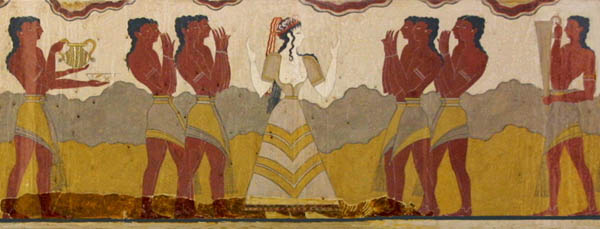
- British archaeologists who in 1900 discovered the Minoan culture believed they were from Libya or Egypt
- The Minoan civilisation arose on Crete in the 27th century BC and flourished until the 15th century BC
DNA analysis has debunked the longstanding theory that the Minoans, who some 5,000 years ago established Europe’s first advanced Bronze Age culture, were from Africa.
The Minoan civilisation arose on the Mediterranean island of Crete in approximately the 27th century BC and flourished for 12 centuries until the 15th century BC.
But the culture was lost until British archaeologist Sir Arthur Evans unearthed its remains on Crete in 1900, where he found vestiges of a civilisation he believed was formed by refugees from northern Egypt.
Modern archaeologists have cast doubt on that version of events, and now DNA tests of Minoan remains suggests they were descended from ancient farmers who settled the islands thousands of years earlier.
These people, it is believed, are from the same stock that came from the East to populate the rest of Europe.
Evans set to work on Crete in 1900 with a team of archaeologists soon after the island was liberated from the yoke of the Ottoman empire, almost immediately unearthing a great palace.
He named the civilisation he discovered after the legendary Greek king Minos and, based on likenesses between Minoan artifacts and those from Egypt and Libya, proposed that its founders migrated into the area from North Africa.
Since then, other archaeologists have suggested that the Minoans may have come from other regions, possibly Turkey, the Balkans, or the Middle East.
But now a joint U.S. and Greek team has made a mitochondrial DNA analysis of Minoan skeletal remains to determine the likely ancestors of the ancient people.
Mitochondria, the energy powerhouses of cells, contain their own DNA, or genetic code, and because mitochondrial DNA is passed down from mothers to their children via the human egg, it contains information about maternal ancestry.
Read more: DailyMail.co.uk

Moe is the founder of GnosticWarrior.com. He is a father, husband, author, martial arts black belt, and an expert in Gnosticism, the occult, and esotericism.

